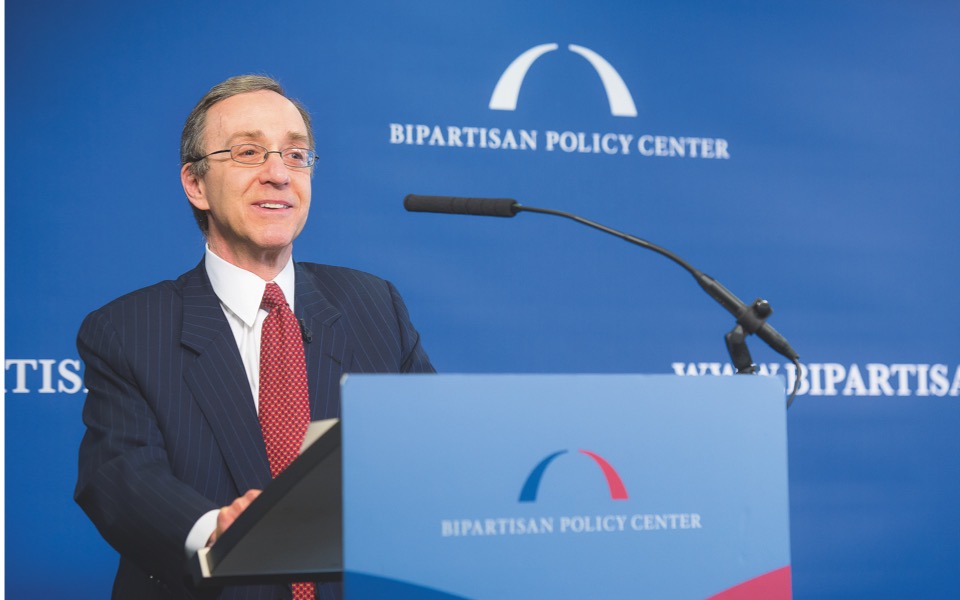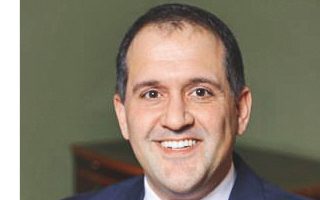Alan Makovsky: More leadership, a leader with hands-on approach

Biden would depart significantly from Trump both in how his general foreign policy affects the Eastern Med and in his specific approach to the region.
For one, a Biden administration is likely to show more leadership and take a hands-on approach globally and regionally. A former Senate Foreign Relations Committee chairman, Biden has a deep appreciation for the value of NATO and knows the Eastern Med intimately. For example, he'll be alert to the possibility of Greek-Turkish tensions before they spiral out of control. If he can't avert them, his administration would take the lead in trying to resolve them, rather than leaving it primarily to the Europeans.
Second, unlike Trump, Biden would make human rights a key element of his foreign policy, at least rhetorically, and that inevitably will mean criticism unwelcome in Ankara and rhetorical clashes with Erdogan. In an interview published in January, he called Erdogan an "authoritarian" and strongly criticized Trump for allowing Turkey to invade northeast Syria.
Third, Trump has been consistent in his admiration for Erdogan and in his shielding Erdogan's Turkey from Congressionally mandated sanctions as well as his efforts to shield a Turkish state bank from fines and other US legal consequences of its glaring circumvention of sanctions on Iran. It is difficult to imagine Biden, who is also a former Senate Judiciary Committee chairman, ignoring US law and legal processes.
All that said, Biden's a cautious guy who values stability; as vice president, he is reliably reported to have opposed US involvement in the Libyan war that brought down Gaddafi. He won't be looking for a fight with Turkey –e'll have a lot of foreign-policy issues on his plate, starting with China –ut I think he will try to find a way to strengthen US influence over Ankara and rein in Turkey's increasingly assertive and independent foreign policy.
Alan Makovsky is senior fellow at the Center for American Progress





